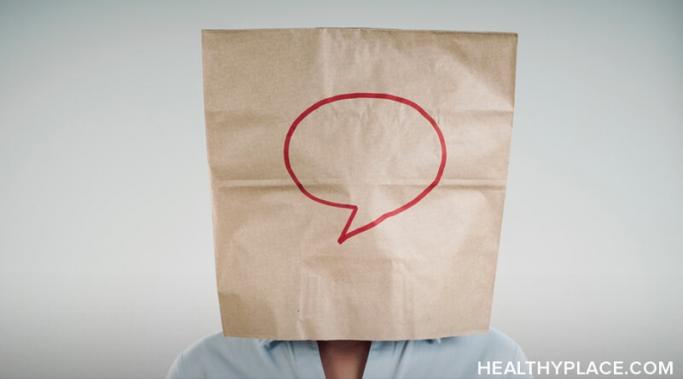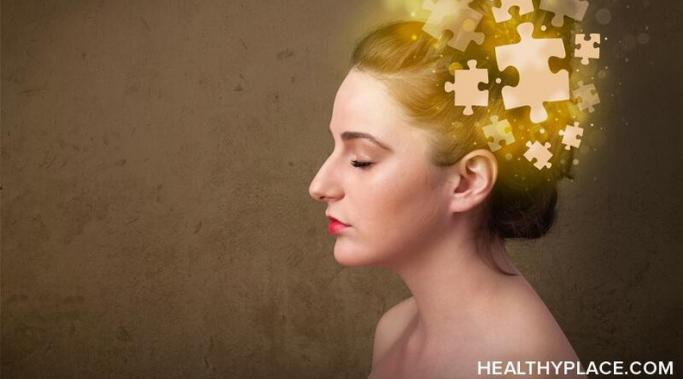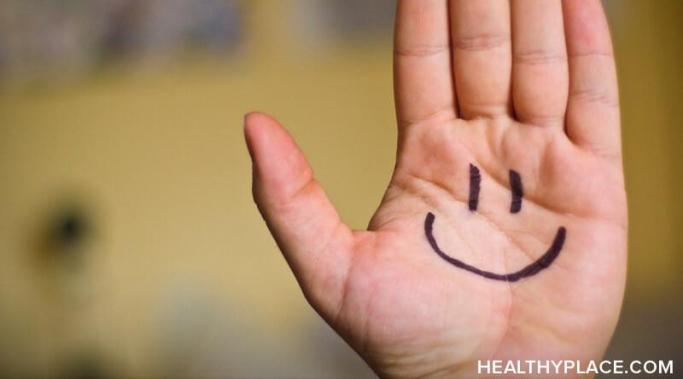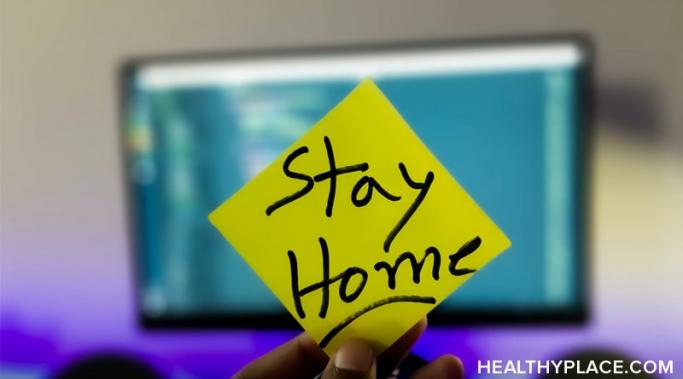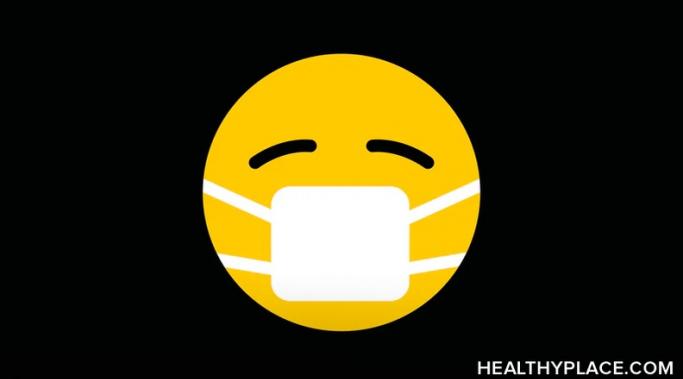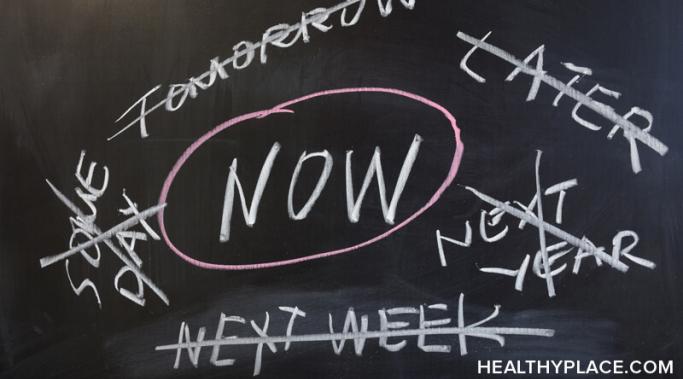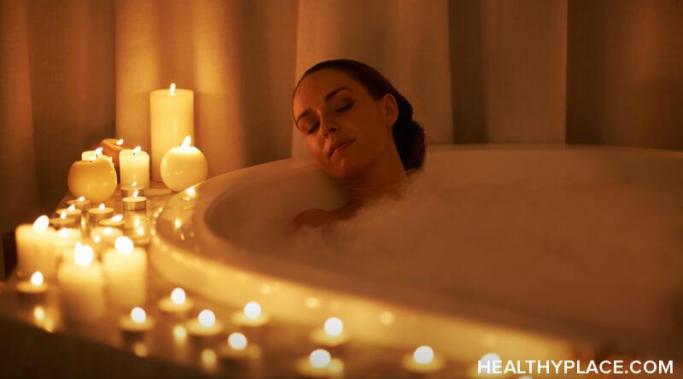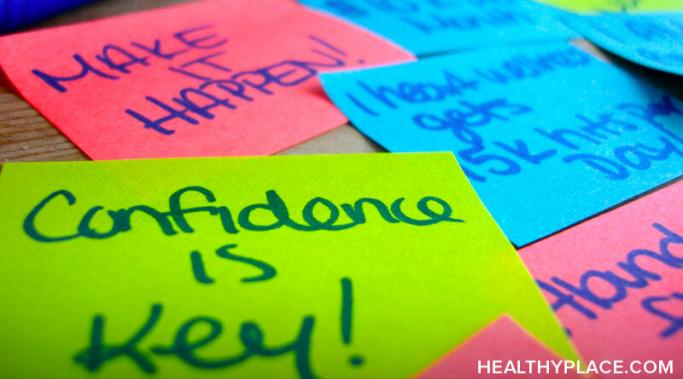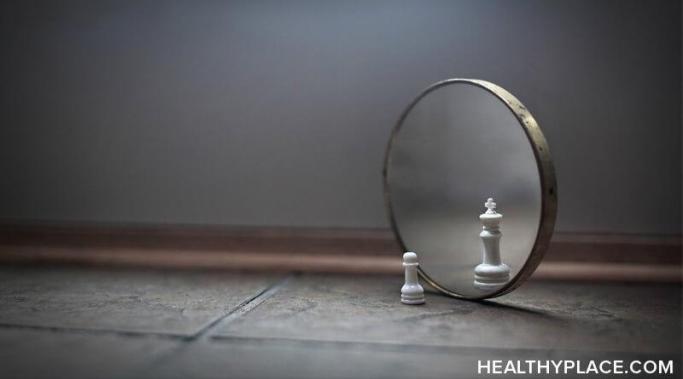Building strong self-esteem requires us to make sure we're not masking our feelings from ourselves. A natural extension of that is feeling strong enough to express your feelings to others. That doesn't mean we have to act out on negative feelings by doing things that could hurt ourselves or others. It means that we are not wrong to experience the gamut of emotions. We can work on being honest about how we feel to build our self-esteem.
Self-Care - Building Self Esteem
Building strong self-esteem is easier when you take the time to build a set of life goals that define your personal vision of success. Goals provide us with direction and help clarify the changes we need to make in our journey to healthy self-esteem.
One of the ways you know you have healthy self-esteem is when you take charge of your own happiness instead of expecting others to fulfill your needs. People with poor self-esteem worry that they are not making others happy but rarely think about learning how to give themself satisfaction. If you find that you look for happiness externally instead of learning how to satisfy yourself, read on about my last couple of weeks and how taking charge of my own happiness helped my self-esteem.
My usual routines for self-care are failing while I'm in quarantine, and my self-esteem is suffering because I feel unproductive. Healthy self-esteem allows us to take care of ourselves and love ourselves because we believe we are worth the effort. The last few weeks have been difficult as I struggle to adapt to the restrictions placed on us by the COVID-19 pandemic. After I spent one week doing nothing to take care of myself, I created a quarantine routine to help rebuild my self-esteem and get back to feeling productive.
COVID-19 affects my bipolar type 2 disorder. Most of the news is about people with underlying physical health issues and how the virus is extra dangerous to them. Have no doubt, those of us with mental health diagnoses are also at extra risk, and we don't even have to be exposed to experience the fallout. Here's how COVID-19 is affecting me and my ability to manage my bipolar type 2.
Self-esteem is a basic human need, but it's not a primary need. It's natural that you are motivated to build healthy self-esteem, however. But did you know that there are prerequisites for maintaining the motivation you need to focus on successfully building self-esteem? I want to share a story about a time when I had poor self-esteem, and my situation demanded I focus on my primary needs first.
Building a habit of self-care can build self-esteem. Practicing self-care regularly will lead us to accept the belief that we are worthy of loving and taking care of ourselves as best as we possibly can. Taking good care of ourselves allows us to be our best, and feeling your best will improve your self-esteem.
Setting reasonable expectations for yourself can create healthy self-esteem, while unreasonable expectations can negatively affect your self-esteem. When you don't meet your goals, you disappoint yourself and possibly others. If you have healthy self-esteem you trust yourself to fulfill your commitments. I'm going to share how learning to set reasonable expectations for myself made me successful last week and helped me build a stronger sense of self-esteem.
Bad habits--they're pesky little things, aren't they? I imagine just reading the phrase makes you picture one of yours. Maybe your bad habit is biting your nails, or not responding to texts, or leaving the dishes in the sink. It's the thing you do that deep down, you know you don't like. But sometimes our bad habits aren't just small annoyances. Sometimes they burrow into our identity and affect our ability to build self-esteem. When bad habits affect self-esteem, what do we do?
How's your body image? Are you attractive? Do you like the way you look? Do other people think you're beautiful? It's hard to talk about body image without sinking deep into our most vulnerable places. As standards of beauty become progressively less realistic (hello Instagram filters, goodbye pores), being able to have an honest conversation with ourselves about our looks becomes increasingly difficult. Yet we each live within our own, unique bodies every day–being able to look at them in a realistic (and non-damaging) way is a valuable tool towards understanding who we are, developing a healthy body image, and ultimately towards building self-esteem.
